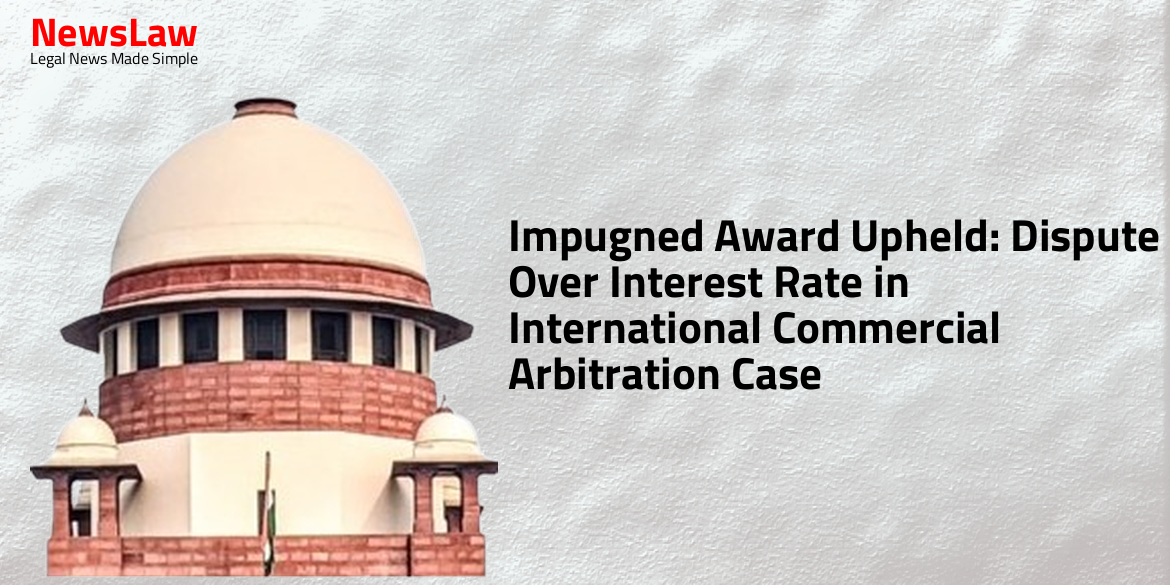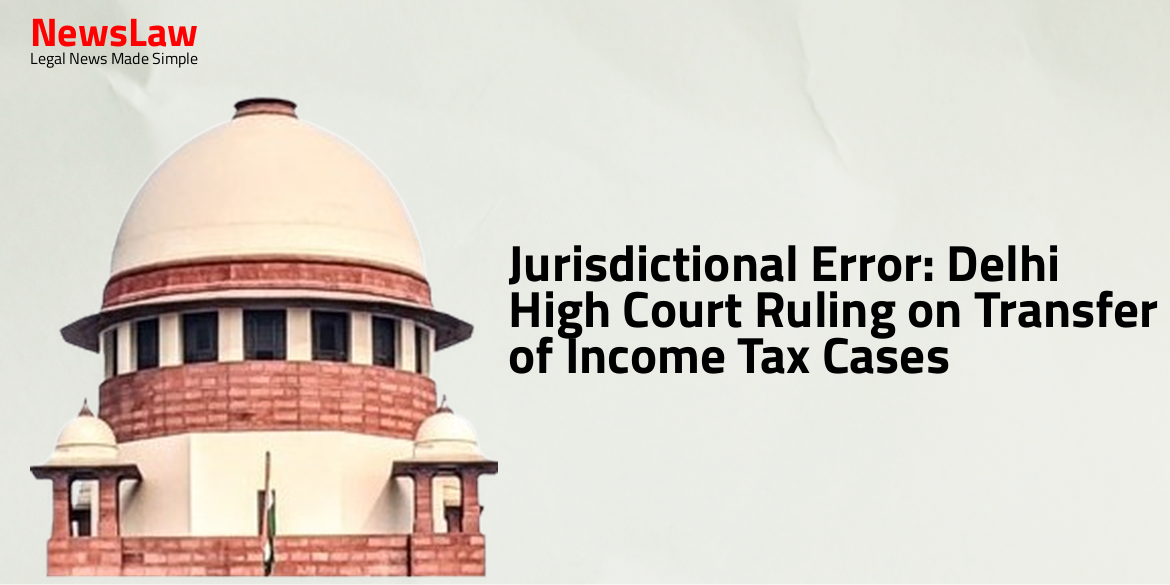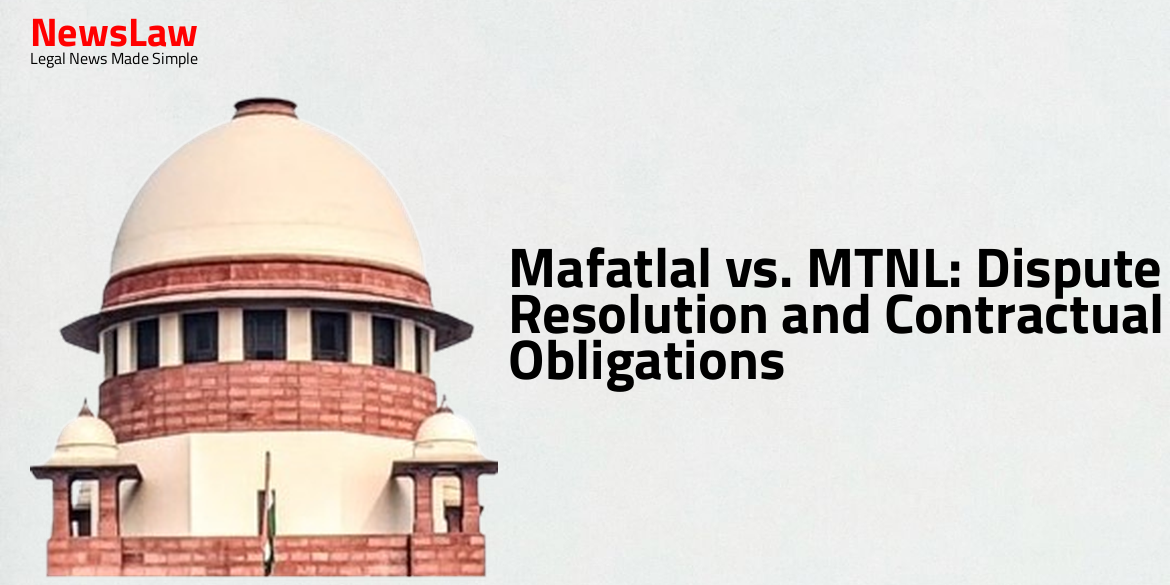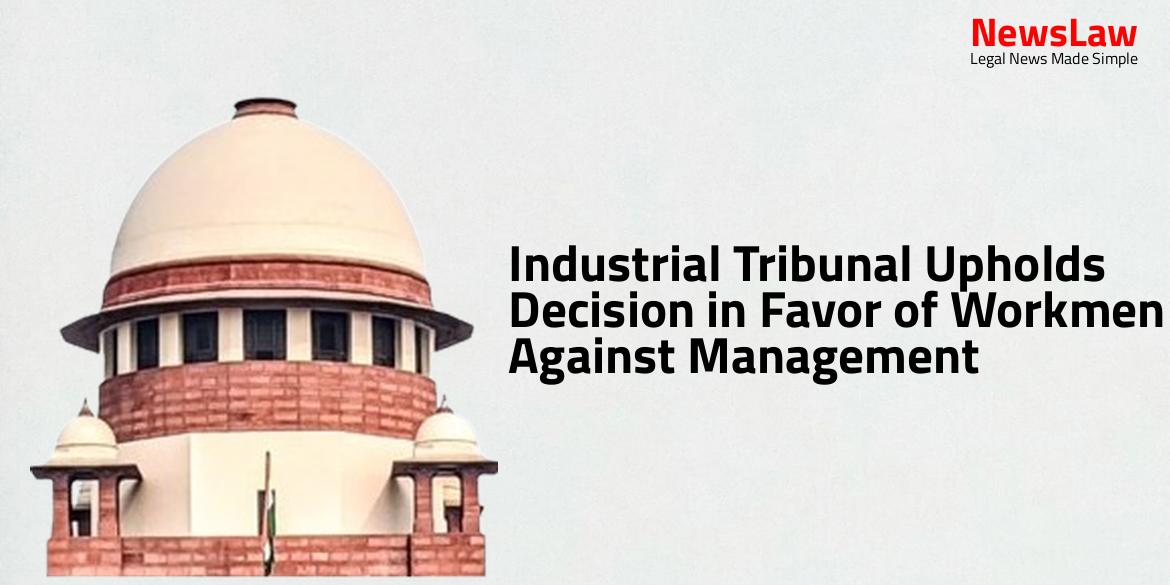In a recent judgment by the Delhi High Court, the impugned award was upheld in an International Commercial Arbitration case, where the dispute revolved around the interest rate. The case involved parties engaged in commercial dealings, highlighting the complexities of cross-border transactions. Let’s delve deeper into the details of this significant legal decision.
Facts
- The Respondent admitted its liability towards the amounts due for the invoices.
- A partial payment of $10,500 was made by the Respondent on 26.06.2020.
- The Claimant did not waive interest on the outstanding amount of a specific invoice (AOL-18-6).
- Interest at a rate of 8% per annum is awarded on the pending amount of $194336.91 from the respective due dates of the invoices.
- The appellant raised a challenge to the impugned award on the grounds of jurisdiction.
- Arbitral Tribunal ruled in favor of Respondent and awarded USD 194,336.91 with 8% interest per annum from due dates of invoices.
- Arbitral Tribunal lacked jurisdiction to proceed with the reference.
- Claim that the 8% interest rate violates India’s public policy, warranting the impugned award to be set aside.
Issue
- The Respondent defaulted in making payment of $194336.91 to the Claimant as per the Invoices of the Purchase Orders.
Arguments
- The appellant argued that non-payment of a recognized liability does not constitute a dispute and arbitration recourse is not applicable.
- The appellant suggested that filing a suit is the only remedy available to the respondent in such a situation.
- The appellant cited the Vedanta Limited v. Shenzhen Shandong Nuclear Power Construction Company Limited case to challenge the interest rate awarded in the impugned award based on economic realities of currency.
- Reference to paragraphs 23 and 52 of the impugned award was made to support the challenge on interest rate.
- The appellant pointed out an inconsistency in the impugned award stating that there was no actual dispute between the parties despite the findings suggesting otherwise.
- The delay in payment by BSNL and the impact of COVID on their business were reasons provided by Respondent.
- The non-payment of an admitted liability is an actionable claim, and invoking the arbitration agreement was within their rights.
- The decision of Union of India v. Birla Cotton Spinning and Weaving Mills Limited is not relevant to the present case.
- The language in the A&C Act regarding reference of ‘parties to arbitration’ has changed from the 1940 Act.
- The impugned award was not in conflict with the public policy of India as the dispute of non-payment was clear.
- The contention that the award should be set aside due to lack of dispute between the parties is deemed insubstantial.
- The argument about inherent inconsistency in the impugned award was considered unmerited.
Analysis
- The appellant’s claim of non-payment due to non-receipt of payments from BSNL was not accepted by the respondent.
- The appellant’s challenge was focused on the interest rate of 8% per annum being against the public policy of India.
- The impugned award was made in an International Commercial Arbitration as defined under Section 2(1)(f) of the A&C Act.
- The Arbitral Tribunal held that BSNL was not part of the contract between the parties, and there was no clause tying payments to BSNL’s payments.
- The rate of interest at 8% per annum, even on a US dollar award, was not considered so unreasonable as to shock the conscience of the Court.
- The defense raised by the appellant regarding liability only upon receipt of payments from BSNL was rejected by the Arbitral Tribunal.
- Any dispute or controversy regarding the rate of interest was deemed outside the scope of challenging public policy of India.
- Explanation 1 clarifies that an award can be in conflict with the public policy of India if it was induced by fraud or corruption, violated specific sections, contravenes fundamental Indian law, or conflicts with basic morality and justice.
- Explanation 2 specifies that determining a contravention with fundamental Indian law does not involve a review of the merits of the dispute.
- The explanation provided by a Coordinate Bench in Pradeep Vinod Construction Co. v. Union of India was referenced.
- The decision in Vedanta Limited v. Shenzhen Shandong Nuclear Power Construction Company Limited was made under Article 142 of the Constitution of India.
- The Supreme Court can interfere if the interest rate is usurious or not in line with prevailing economic conditions
- Supreme Court can exercise powers under Article 142 of the Constitution in such cases
- No such power exists in this Court under Section 37 of the 1996 Act
- No infirmity found with the impugned award
Decision
- The appellant’s challenge regarding RPC has been rightly rejected by the learned Single Judge
- The appeal has been dismissed
- All pending applications have been disposed of
Case Title: AKSH OPTIFIBRE LIMITED Vs. NANTONG SIBER COMMUNICATION CO LTD (2024:DHC:4293-DB)
Case Number: FAO(OS) (COMM)-101/2024



